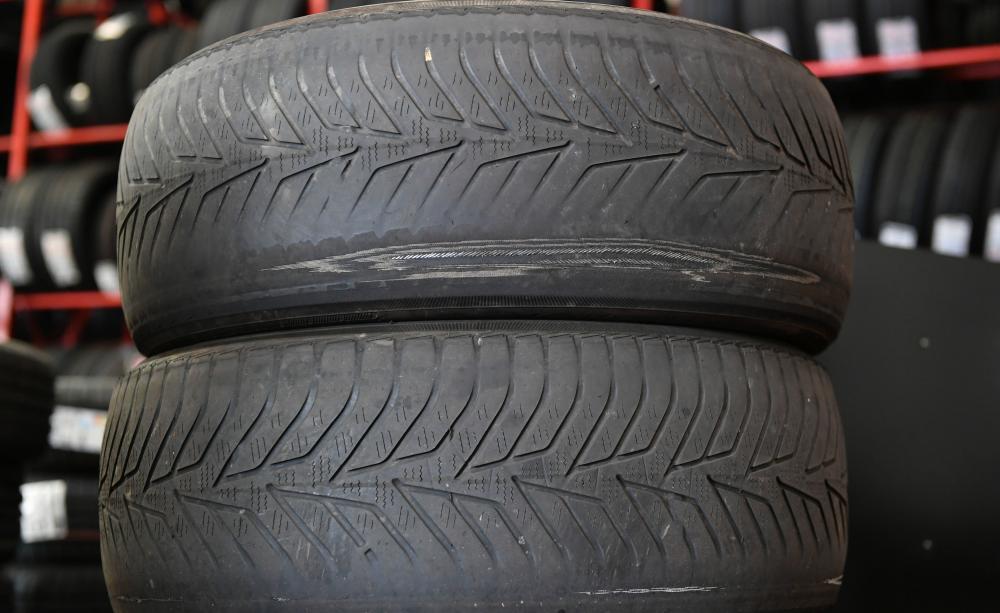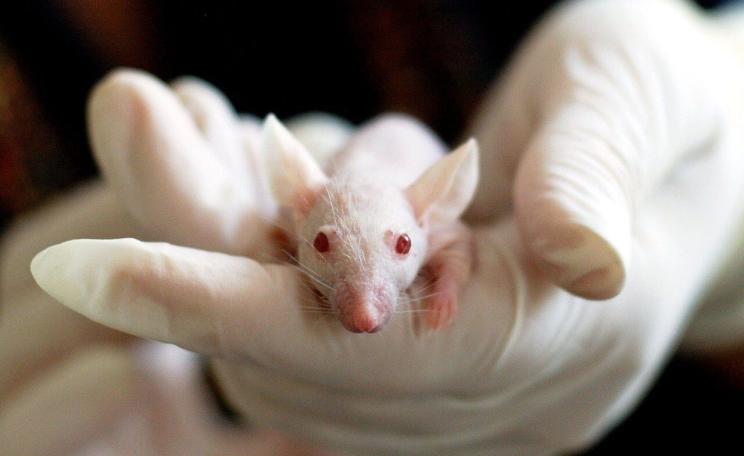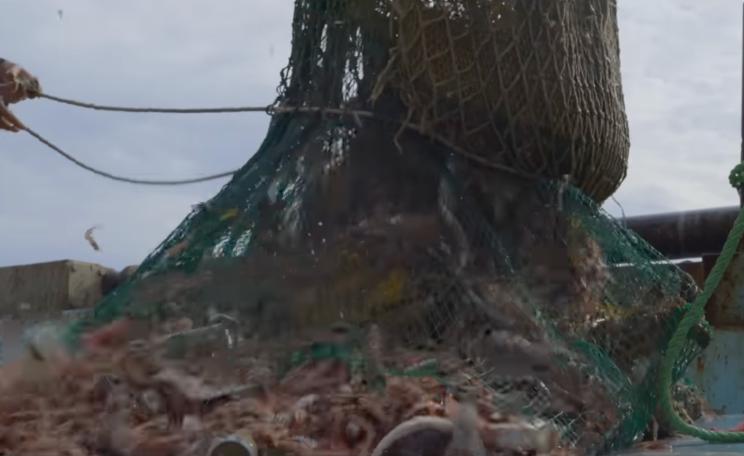This study gives us a real insight into the importance of tyre wear as a source of microplastics.
Particles released from vehicle tyres could be a significant and previously largely unrecorded source of microplastics in the marine environment, according to a study.
Scientists have previously discovered microplastics - originating from microbeads in cosmetics and the degradation of large items such as carrier bags and plastic bottles - in marine environments across the world.
The study, funded by Defra and led by the University of Plymouth, is one of the first worldwide to identify tyre particles as a major and additional source of the pollution.
Transport
It found tyre particles can be transported directly to the ocean through the atmosphere, or be carried by rainwater into rivers and sewers where they can pass through the water treatment process.
Researchers estimate this could place around 100 million square metres of the UK's river network - and more than 50 million square metres of estuarine and coastal waters - at risk of contamination by tyre particles.
Professor Richard Thompson, from the University of Plymouth, said: "Scientists have long suspected that tyre debris is posing a hidden threat to the marine environment.
"However, there have been few studies measuring abundance in aquatic environments.
"Now we have a clearer indication on quantities, we need to gain a better understanding on transport in the environment and the potential impacts on marine life.
Researchers
"This study gives us a real insight into the importance of tyre wear as a source of microplastics.
"However, there are still many unknowns and compared to other forms of microplastics, we know relatively little about tyre wear particles.
"So it is important to continue to take steps to reduce emissions of better understood sources like fibres from textiles and the fragmentation of larger items."
The study involved researchers from Plymouth, Newcastle University, King's College London and Eunomia Research & Consulting Ltd.
Textile
Environment minister Rebecca Pow said the UK was at the "forefront of a global fight against the scourge of plastics".
In addition to the ban on microbeads and the 5p plastic bag charge, plans are in place to end the sale of plastic straws, stirrers and plastic-stemmed cotton buds, she said.
"Reducing plastic pollution in the ocean is one of the greatest environmental challenges that we face," Ms Pow said.
"This study will help us face that challenge by identifying areas for future research, such as changes to roadside drainage and textile design."
This Author
Claire Hayhurst is a reporter with PA.







